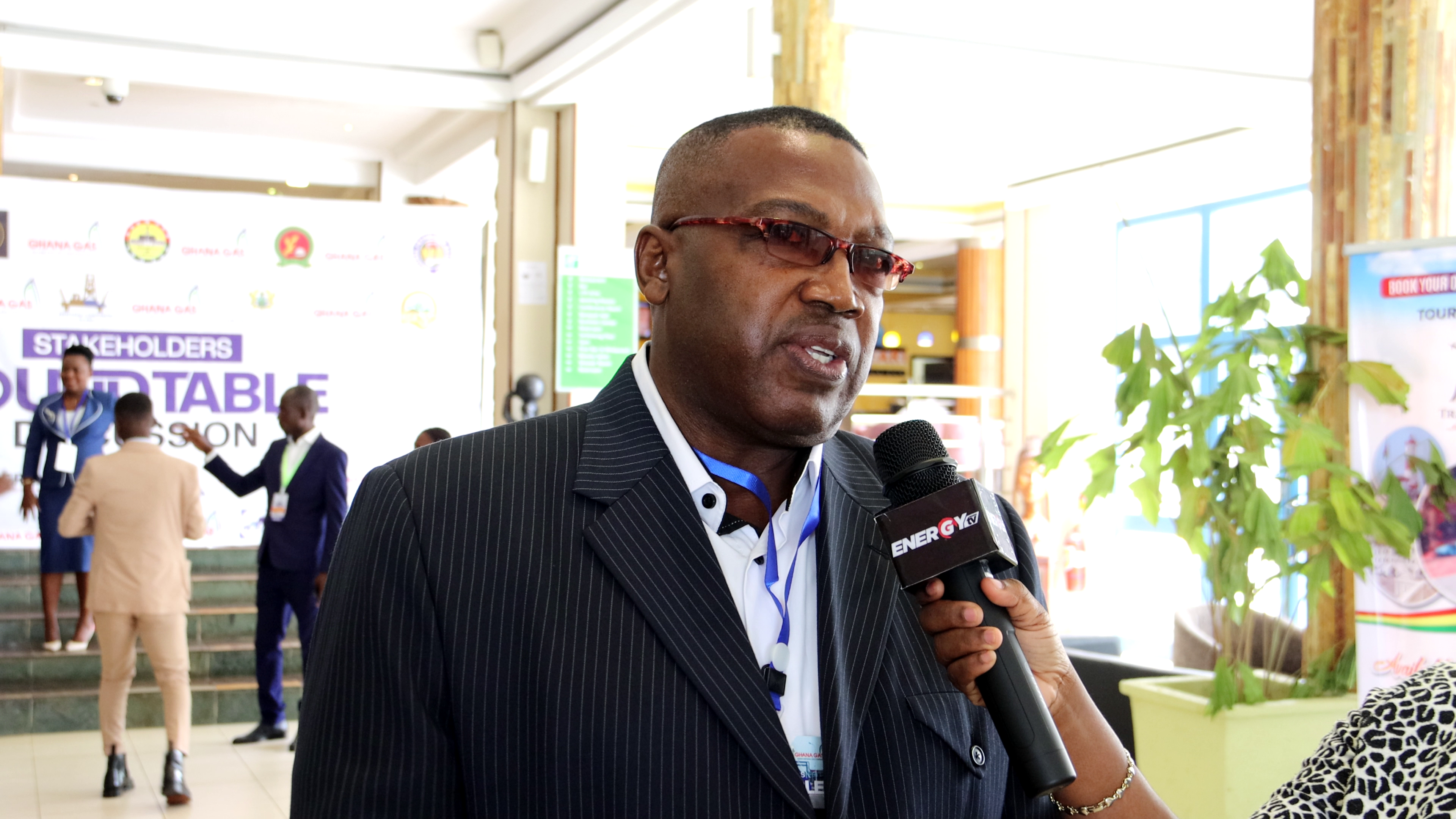
The Chief Executive Officer of the Ghana National Gas Company (GNGC), Dr Ben K. D. Asante, has emphasised the need for Africa, and Ghana for that matter to consider internal sources to finance its capital projects during the transition period, as well as to build the requisite intellectual capacity to manage such projects.
He said this at the company’s 2023 Stakeholders Round Table Discussion held in Accra on Tuesday, 4th July, under the theme: “Embracing New Gas Markets in The Energy Transition Discourse, The Role of Stakeholders.”
In an exclusive interview with Energy Ghana TV, Dr Asante noted that Ghana Gas, and the ministry are championing this initiative to ensure the smooth realisation of the country’s energy transition.
“What we want to do is to ensure that in moving from fossil fuels to clean energy sources, we have the infrastructure, financial resources and intellectual capital to be able to meet these targets. That is what Ghana Gas is pushing for.
“In terms of infrastructure, we are looking to make sure that with gas being the transition fuel, where we find gas in commercial quantities, we have the capacity to link the resource to the market,” he explained.
He said currently, the market is just for power generation, but that the company is also looking at other uses of gas, including for heating, particularly in industries such as ceramics, the agro industry – feedstock for fertiliser; the pulp and paper, and the petrochemical industry.
In a presentation to stakeholders, Dr Asante underscored the critical role of natural gas as a safe transitional fuel in the country’s energy transition agenda.
He said it is important for Ghana to significantly balance environmental responsiveness and economic impact in the national efforts toward the transition to a cleaner energy future, and subsequently called for a gradual approach in this regard.
According to him, natural gas is considered globally the transition fuel of choice on account of its low emissions and cost, relative to other forms of fossil fuels. “Coal is the most atmospherically offensive in terms of CO2 emissions, followed by oil and then gas which, is the least offensive and with the lowest carbon count. Hence, the transition period for gas is relatively longer than coal, which requires a shorter transition term.
“Natural gas is the fossil fuel with the lowest carbon count, and therefore, the most appropriate candidate as a transition fuel towards global decarbonisation,” he stressed.
The Ghana Gas CEO further stressed that the continent of Africa needs to look within itself for financing for capital projects during the transition period as well as build the requisite intellectual capacity to manage the projects.
Deputy Minister for Energy, Hon. Andrew Egyapa Mercer, commended this initiative by Ghana Gas, and appreciated all energy sector players embracing the energy transition. He touched on ongoing developments in the sector and the huge financial investments government needs to realise the ambitious 2070 targets. He further called for the stakeholders active involvement and contributions to energy transition to realise the clean agenda.
Representatives from the various sector institutions present also noted that the issue of energy transition is still evolving, thus, the need for the current discourse. They called for relevant policy initiatives and appropriate regulations that would ensure that the full potential of gas for Ghana’s transition is realised.
Senior Manager of Government Relations at Ghana Gas, Madam Augustina Asare Osei, explained to Energy Ghana TV that the Stakeholder Round Table was long overdue.
Stakeholders present for the discussions Include the Volta River Authority, Petroleum Commission Energy Commission, the Ghana National Petroleum Corporation, the National Petroleum Authority, Electricity Company of Ghana, the Ghana Grid Company, the Chamber of Bulk Oil Distributors, the Chamber of Petroleum Consumers Ghana, the Africa Centre for Energy Policy, among others.
Source: Energy Ghana




